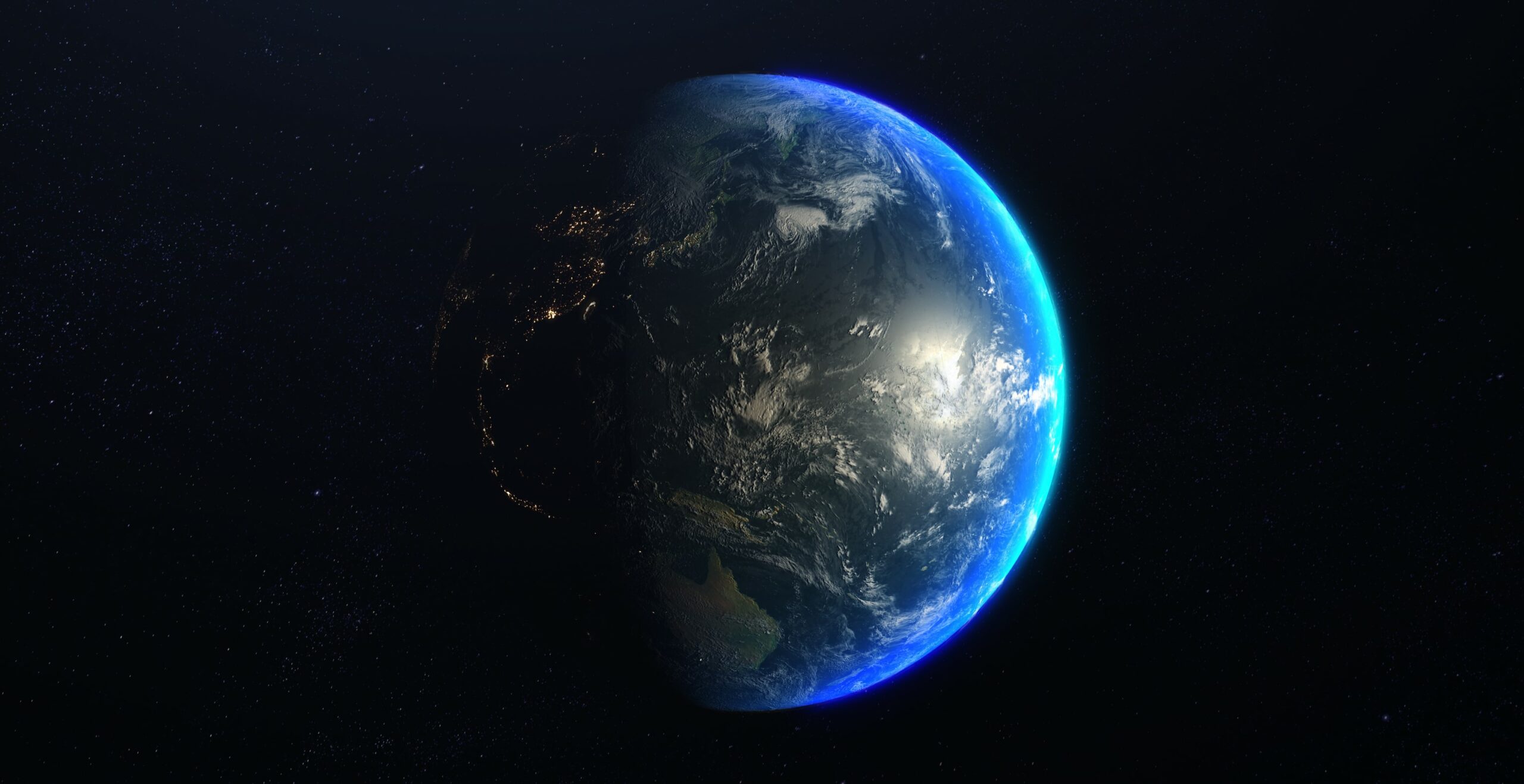STARS

workshop
STARS
We impart knowledge through entertainment
The core element of STARS is a fictional scenario in which teamwork and creativity are indispensable. The mission to be accomplished jointly by all participants begins with a briefing. In the group work that follows, a number of practical tasks are set. However, their solutions can only be found by linking different subjects and in a joint exchange. Specialist teachers and lecturers regularly weave in knowledge modules to impart new knowledge or refresh existing knowledge. The mission ends with a de-briefing and a detailed evaluation.
We create enthusiasm for STEM subjects
We want to give children and young people a positive outlook on the future, promote their confidence in their own ability and encourage them to believe that they are capable of mastering even complex challenges. To this end, we create an environment in which they can experience self-efficacy and rely on the support of the entire group. The content we teach is based on curricula and takes into account all areas of learning requirements. We also use space travel as a powerful lever to stimulate interest in complex topics and issues. All our workshops are individually adaptable in terms of content and time and are aimed at students from grade 8 (secondary level I/II).
We provide assistance in career orientation
In our workshops, we raise awareness, among other things, of the fact that space travel is particularly important in our everyday lives as well as in dealing with the consequences of climate change. We also show that a sustainable future requires a wide range of different professions, for which skilled workers are already desperately needed. These are the best prerequisites for moving mountains with curiosity, knowledge and creativity - and, at best, for saving the future of planet Earth.
To this end, we present examples of groundbreaking ideas that inspire: Satellites the size of a shoebox detect forest fires in near real time, even before the fire is visible. Rockets fly into space using candle wax as fuel. Orbital scrap metal is recycled and used to build a moon base.
In this way, we can arouse interest in the subject area and, particularly with regard to the STEM subjects, underpin theoretical content of school lessons with practical examples. Last but not least, this is how we counteract the shortage of skilled workers.
